On February 22, legendary former drummer and founding member of Blue Öyster Cult, Albert Bouchard, took the stage at the Long Island Music and Entertainment Hall of Fame for an intimate discussion about the band’s storied past, their hit song “(Don’t Fear) The Reaper,” and the cultural phenomenon sparked by the Saturday Night Live “More Cowbell” sketch.
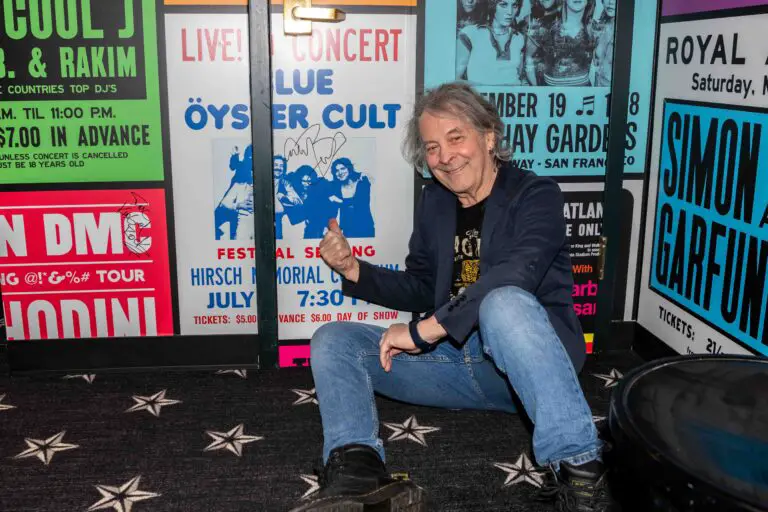
The Evolution of Imaginos
Albert recounted how Imaginos was originally intended as a Blue Öyster Cult album but was later released under the band’s name with significant changes. “Imagine if it had come out the way it was originally conceived,” he mused. Though the official release did not match the band’s initial vision, Albert eventually honored producer Sandy Pearlman’s request to present Imaginos as a three-album compendium, which better reflected the original concept.
The Night ‘More Cowbell’ Aired
Bouchard recalled the night of April 08, 2000, when the “More Cowbell” skit aired unexpectedly. At the time, he was busy helping his friend David Roter with a public access TV performance and had no idea what was happening on Saturday Night Live.
“I had the TV on, and I saw that Christopher Walken was the host. Then I switched over to watch David’s performance, completely missing the skit,” Bouchard said. It wasn’t until the next day that someone told him about it. “I thought, ‘Oh no, what did they do?’ Then I watched it, and I couldn’t stop laughing.”
The skit, presented as a Behind the Music parody, exaggerated the role of the cowbell in Don’t Fear the Reaper, featuring Will Ferrell as an overzealous cowbell player and Christopher Walken as producer Bruce Dickinson. “To this day, I can’t watch it without smiling,” Bouchard admitted. “Jimmy Fallon breaking character just makes it even funnier.”
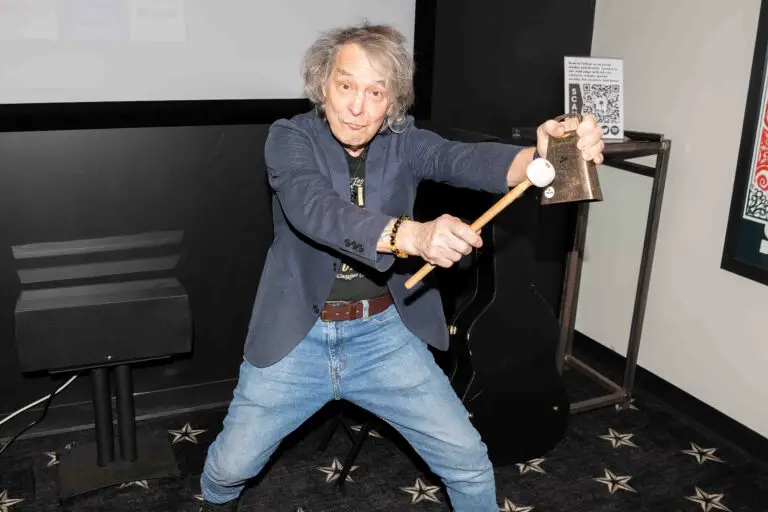
Who Really Played the Cowbell?
Bouchard addressed a long-standing debate: Who actually played the cowbell on Don’t Fear the Reaper? He explained that it was not Eric Bloom, the band’s usual percussionist, but rather himself—at the insistence of producer David Lucas.
“David Lucas wanted something extra in the verse. I suggested a triangle, but he said, ‘No, try a cowbell.’ I didn’t even have one, so he handed me his cha-cha bell,” Bouchard said. “At first, I wasn’t sure about it, and Don [Roeser] thought it was a little too much. But David insisted, and we went with it.”
He also mentioned that during mixing, he had asked for the cowbell to be turned down. “Shelly Yakus, our engineer, told me, ‘If I turn it down any more, you won’t hear it at all.’ And David just said, ‘It’s fine.’”
Family Reactions and the Documentary
Albert Bouchard also shared that his brother Joe, Blue Öyster Cult’s original bassist, had his own reaction to the skit. “Joe said, ‘Why did they have to make the bass player the fat guy?’” Albert laughed. “I told him, ‘Because you were the fattest guy!’”
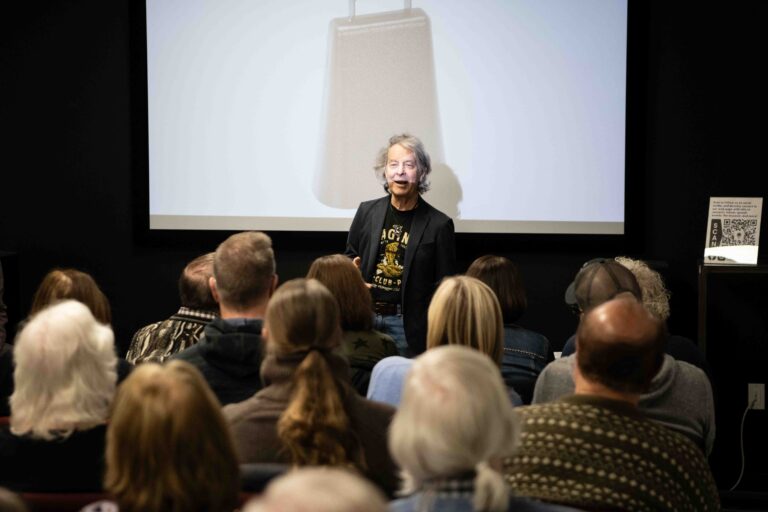
Albert revealed that his family has a Zoom call every Saturday at noon, a tradition that started in 2020 during the pandemic. On the morning of this interview, he had just spoken to his brother about the SNL skit and the Peacock documentary, The Reaper Shall Return.
The documentary delves into the making of Don’t Fear the Reaper and the mythology surrounding the song’s production. “Joe remembers everything clearly,” Albert said. “And he confirmed—yes, there absolutely was a debate about the cowbell.”
The Legacy of ‘More Cowbell’
Reflecting on the skit’s cultural impact, Bouchard marveled at how Will Ferrell picked up on the cowbell in the first place. “Even we barely noticed it in the mix, but somehow he did,” he said. “And now, it’s one of the most famous moments in Saturday Night Live history.”
For Bouchard, the sketch is a source of joy rather than frustration. “It’s a reminder that sometimes the smallest details can take on a life of their own. And hey, who doesn’t love a little more cowbell?”
Conclusion
Albert Bouchard’s reflections highlight the enduring appeal of Don’t Fear the Reaper and its unexpected place in pop culture history. From its original recording to its comedic reinvention on SNL, the song—and its cowbell—continues to resonate with fans old and new. For Bouchard, it’s all part of the journey: a testament to the power of music, humor, and a well-placed percussion instrument.
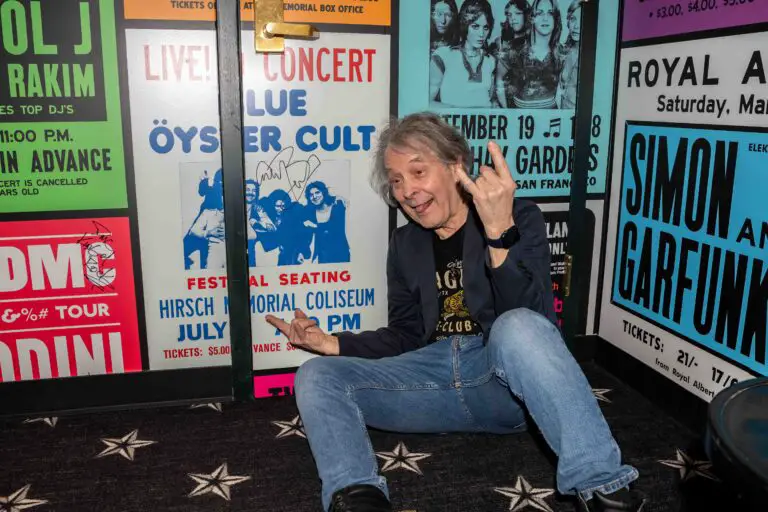
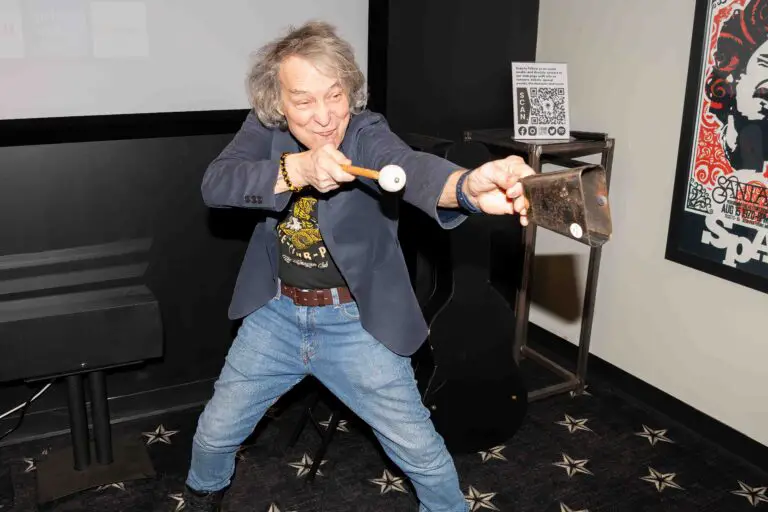
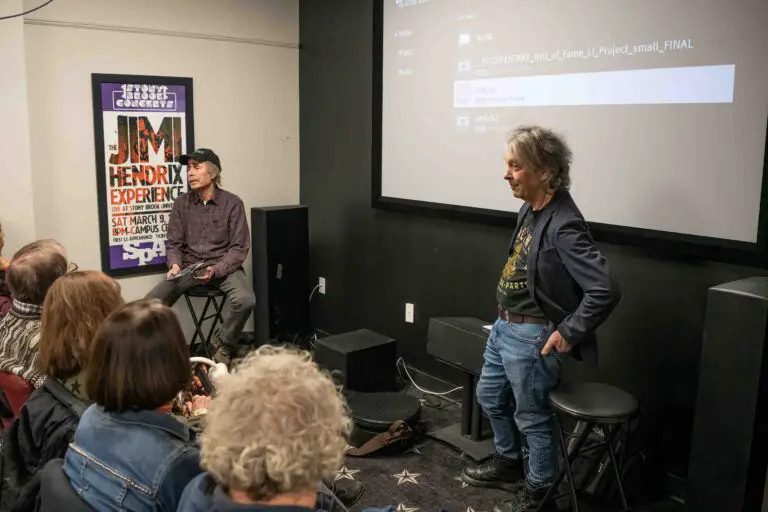
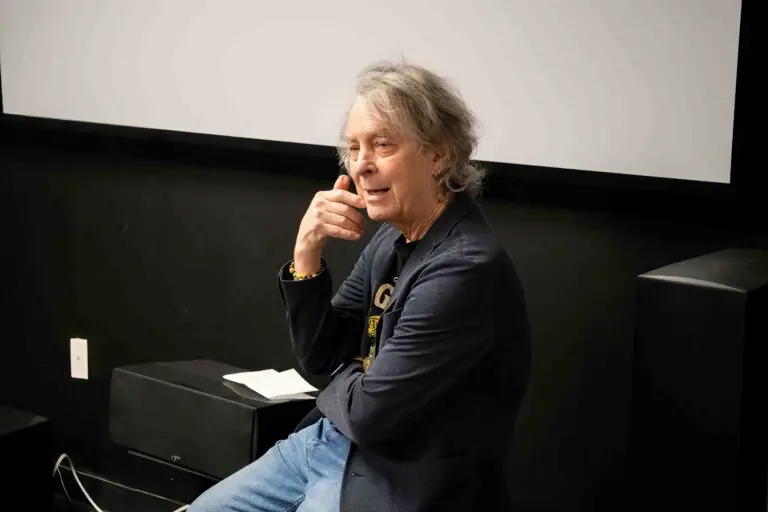
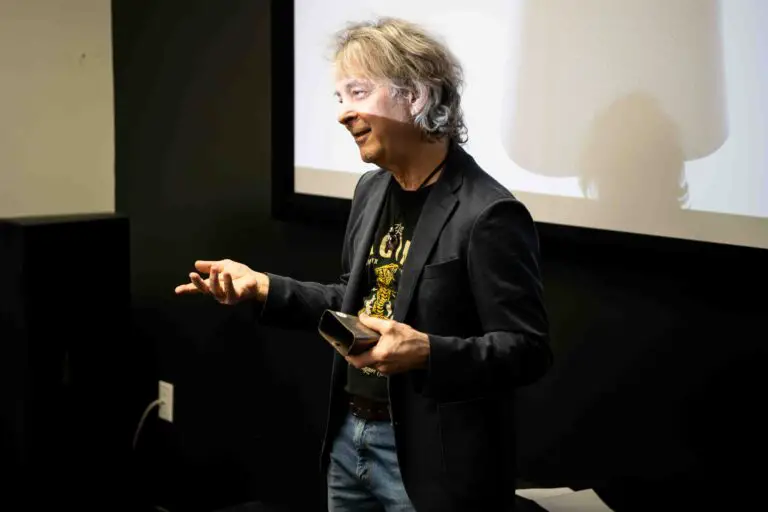

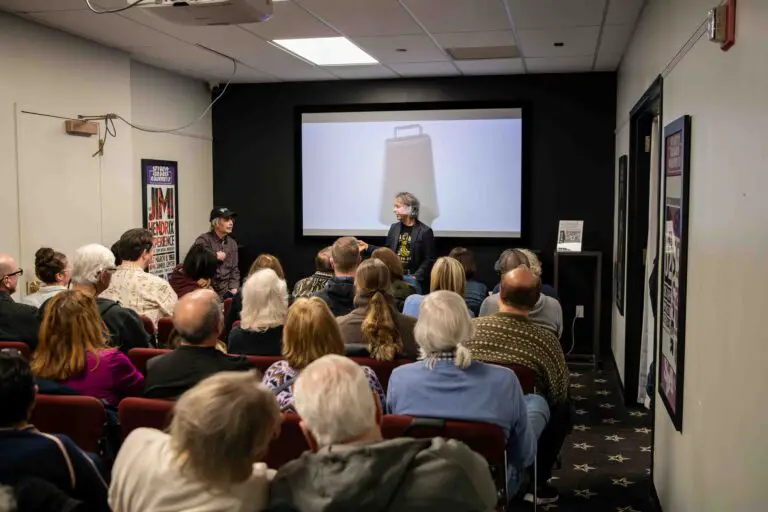
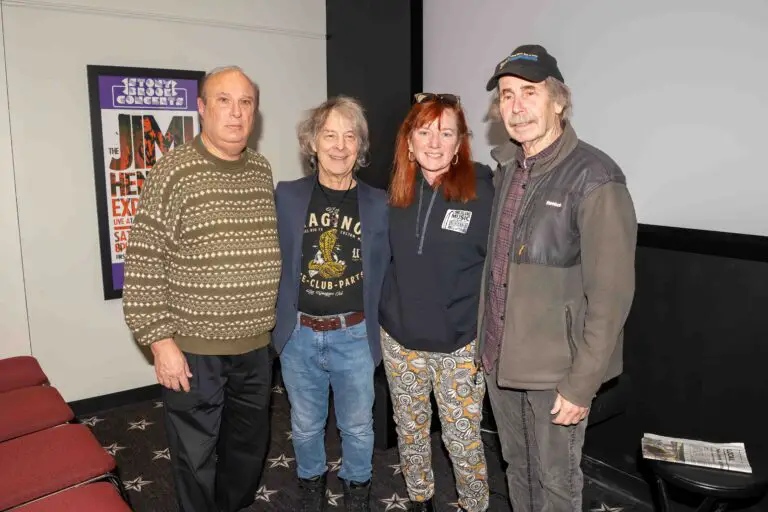

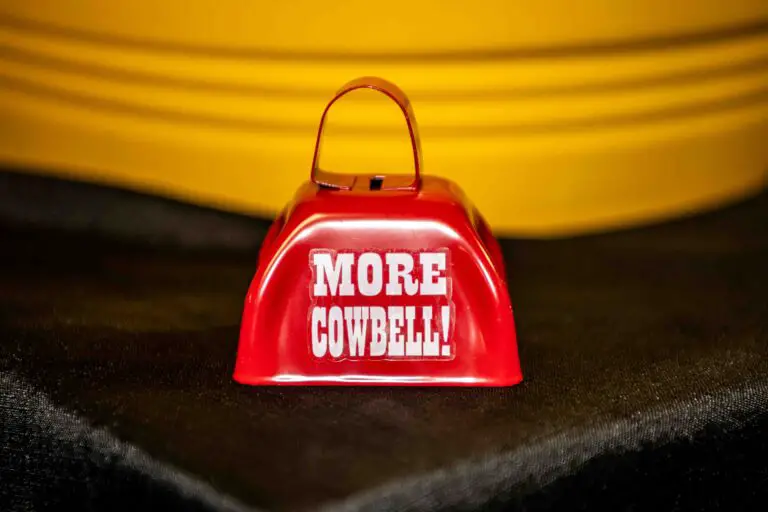
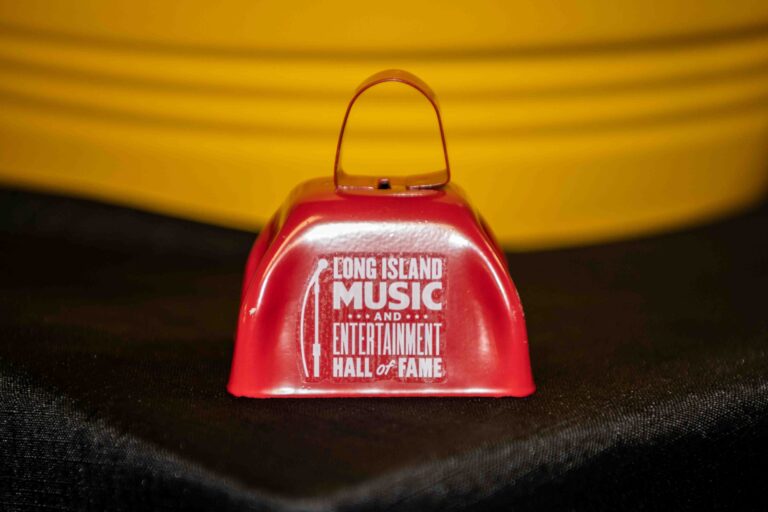


Comments are closed.